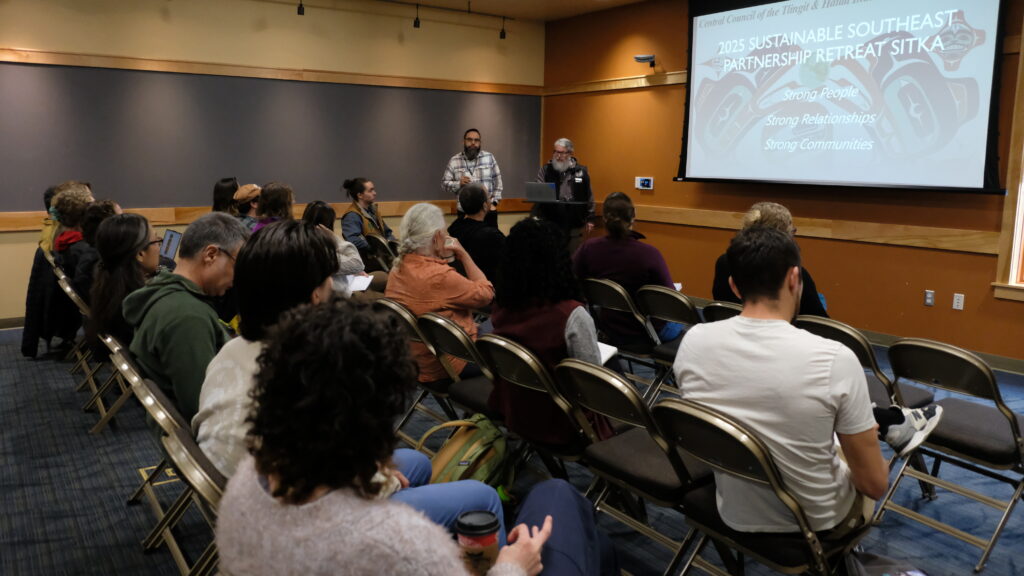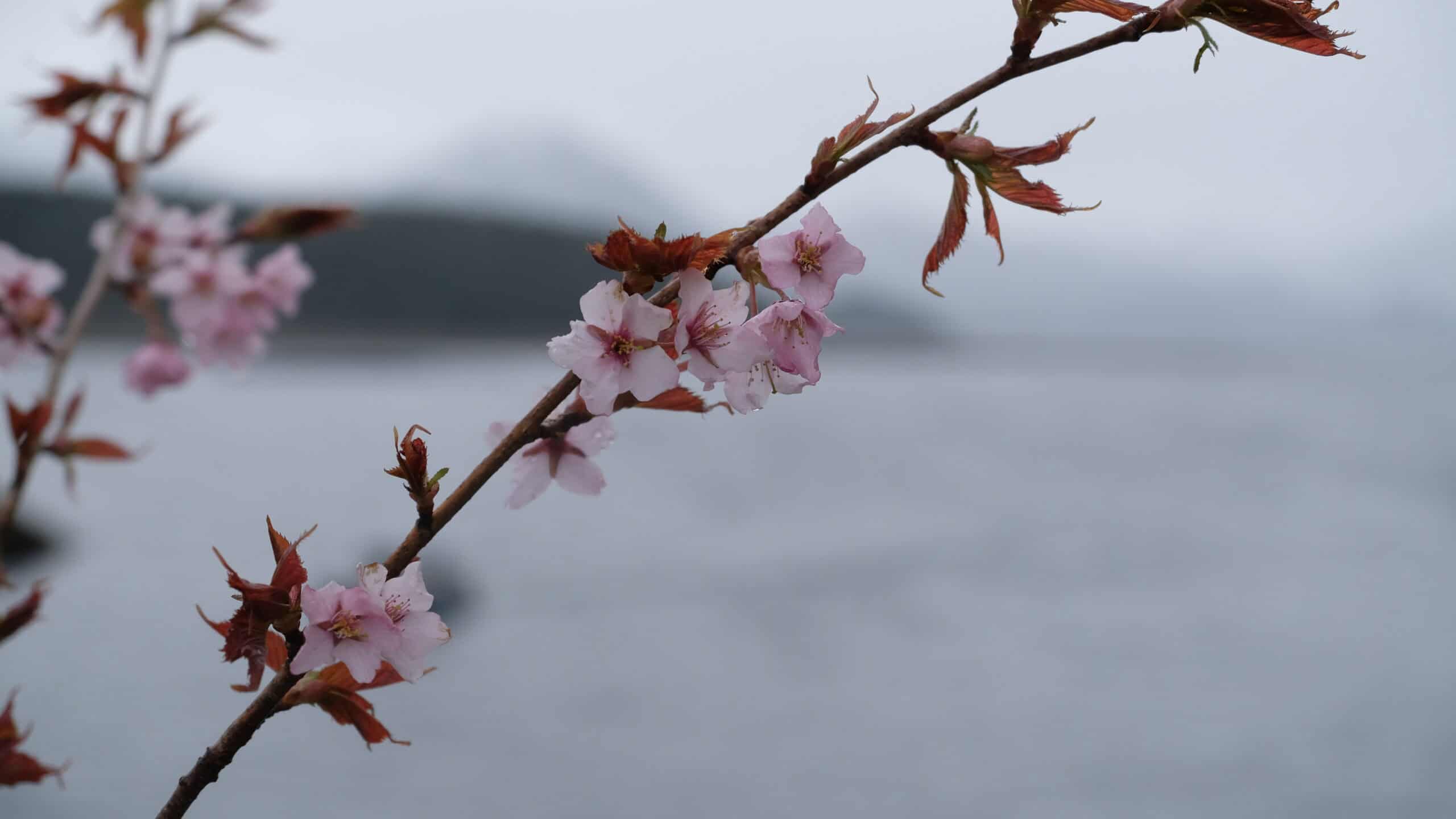As climate change causes more changes around Southeast Alaska, Tlingit & Haida’s Environmental Department is looking at ways to address and plan for the impacts.
“We’re seeing the effects more now in our face with atmospheric rivers coming in, causing landslides. What does that do to the ecosystem, what does it do to the natural resources, the fish we depend on,” said Environmental Director Ray Paddock.
There are social and economic impacts as well. In Juneau, those impacts can be seen firsthand with the Mendenhall Glacier jökulhlaup – glacial ice dam – that has caused widespread flooding downstream, damaging hundreds of homes over the past two years.
The Environmental team created a Climate Adaptation Plan that addresses the concerns surrounding subsistence and cultural resources tribal citizens depend on.
Very High Priority Areas of Concern:
- Salmon
- Shellfish
- Shellfish Biotoxins
- Cedar
High Priority Areas of Concern:
- Forage Fish
- Herring Eggs
- Halibut
- Berries
The Climate Adaptation Plan is a framework for other tribes around the region to use and adapt for their own communities.
Hoonah’s plan centers around food.
“Food is the foundation of what’s important culturally to the values of our communities. With local knowledge, living there, you know pretty well what a drought does to the fish or the berries so the plan helps us think about solutions a little faster,” said Ian Johnson, Environmental Coordinator for the Hoonah Indian Association (HIA).

Sitka Tribe of Alaska used Tlingit & Haida’s framework to create and adopt its Climate Adaptation Plan in 2022.
Alana Peterson is the Sitka Tribe Vice Chair and the Executive Director of the Spruce Root, a nonprofit aimed at growing the economic strength of Southeast Alaska.
In addition to working with small businesses, Spruce Root also provides support for the Sustainable Southeast Partnership (SSP) nonprofit that works with local community partners around the region to “strengthen cultural, ecological, and economic resilience across Southeast Alaska.”
At the SSP retreat in Sitka in April, climate issues took the forefront of group discussions.
“We’ve been talking about the need to look to Indigenous knowledge and traditional ecological knowledge to inform what decisions we might make today, given the drastic changes we’re seeing in the climate,” Alana said. “It’s really important that Tlingit & Haida is able to turn and work with the local tribes to understand, given what you know about that place, how can we support it because they don’t know the local oral histories.”
The retreat offered Tlingit & Haida’s Environmental team a chance to talk with people to find out what issues are most important for their communities.
“Climate change affects our local and natural resources, things we depend on culturally for our food, who we are as a people and we’re seeing it now become impacted. We need to find ways to mitigate that or educate ourselves on how to handle it,” Ray said.
Establishing protocols to protect vital resources protects our people in the long run as Tlingit & Haida navigates the changing climate landscape.
